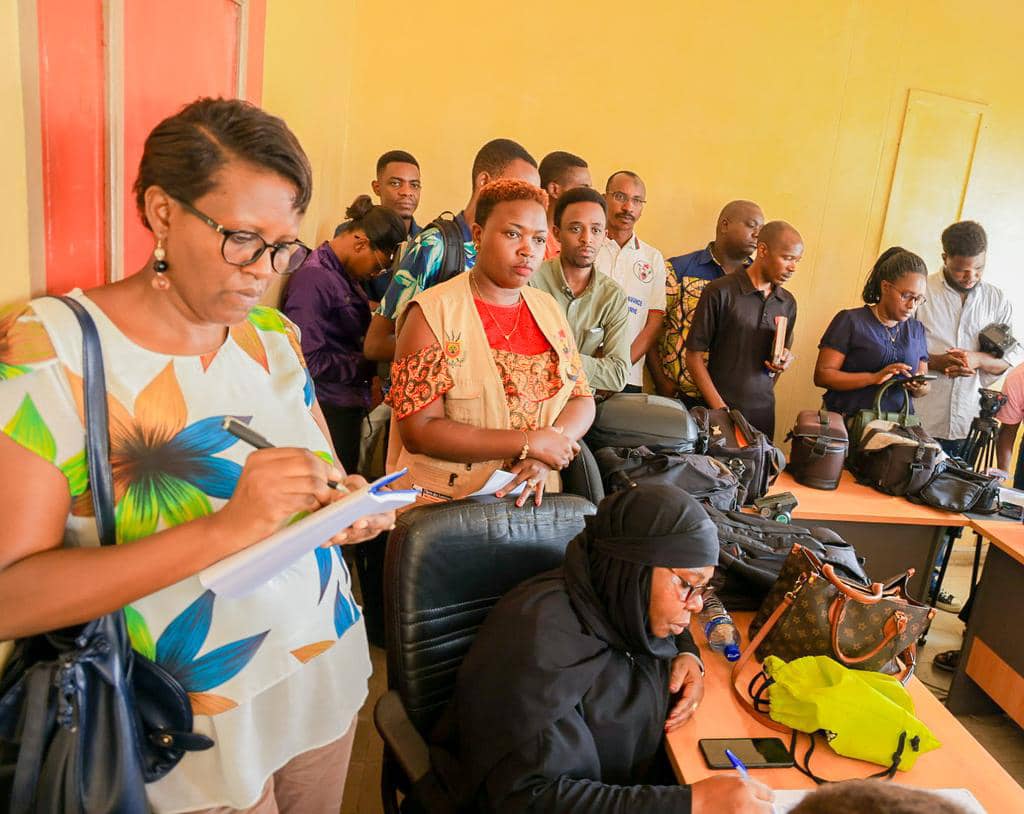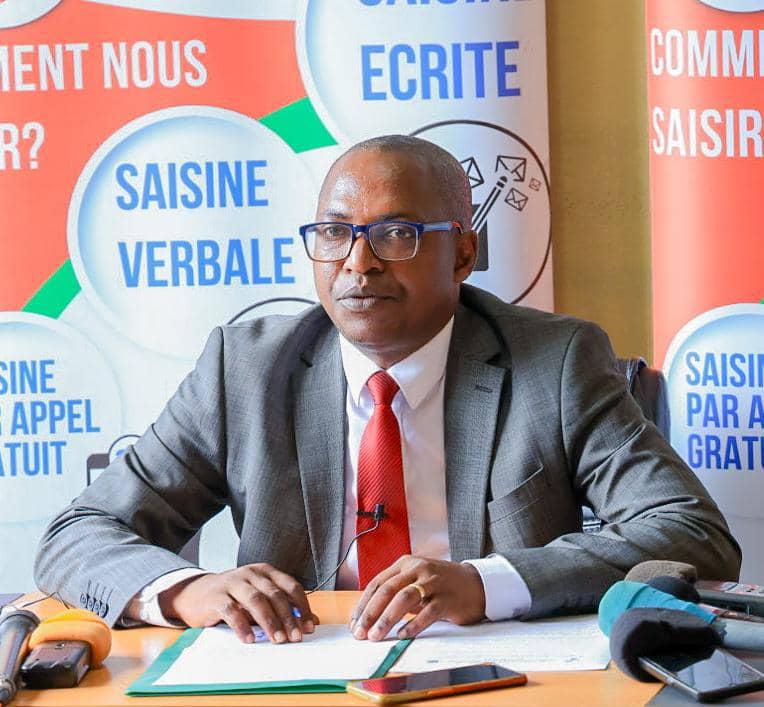BUJUMBURA, November 22nd (ABP) – The chairman of the National Independent Human Rights Commission (CNIDH), Dr. Sixte Vigny Nimuraba, hosted a press briefing on Wednesday, November 20, 2024, on the situation of children’s rights in Burundi, on the occasion of the celebration of the 35th anniversary of the adoption of the International Convention on the Rights of the Child.
The chair of the CNIDH recalled that the special protection and well-being of children have always been a major concern for the international community, through international legal instruments relating to human rights such as the Geneva Declaration of 1924 on the Rights of the Child, the Declaration of the Rights of the Child adopted by the UN General Assembly on 20 November 1959, the Universal Declaration of Human Rights of 10 December 1948 and the International Covenant on Civil and Political Rights of 16 December 1966.
According to him, the celebration of the day is a good opportunity to advocate with the authorities, not only for the adoption of the single code for the protection of children, but also for the need for a policy to make basic education compulsory. Moreover, he stressed, it is the duty of everyone to become more involved in the fight against human trafficking, which affects both adults and children, especially in the provinces bordering neighboring countries.
In terms of protection and defense of children’s rights in Burundi, Dr. Nimuraba said the CNIDH believes that progress is noticeable. As a reminder, the State offers free health care to children under 5 years old and has improved the vaccination coverage rate throughout the country to ensure the well-being and better protection of early childhood. In addition, the government of Burundi has also created child protection committees at the national, provincial, district and village levels as part of involving communities in the supervision and education of children.
To that end, he stated that the CNIDH commends the measures taken by the government of Burundi regarding free education for all children in the basic cycle, the dissemination of school canteens where the need arises and the encouragement of indigenous Batwa children who benefit from the boarding school system and free school fees in the post-basic level, under certain conditions of success.

The CNIDH notes that challenges persist in the field of protection and promotion of children’s rights, including school dropout due to unwanted pregnancies, the phenomenon of children in street situations, which has become a national problem, drug use, and the remoteness of schools in certain regions as well as natural disasters causing the closure of schools.
The CNIDH urged the government of Burundi to increase the budget allocated to education, to multiply the centers of excellence, to redouble efforts to promote the training of specialized trainers for inclusive schools, and to undertake a legal framework to make basic education compulsory in addition to the free education already acquired. It also asked the Burundian State to continue to implement specific measures to ensure the education of children in vulnerable situations.
It called on the entire Burundian population to play their requisite role in the community in order to protect children against all forms of abuse.
The CNIDH joined all human rights actors around the world to commemorate the day under the theme “Let’s listen to the future. Let’s defend the rights of the child.”

